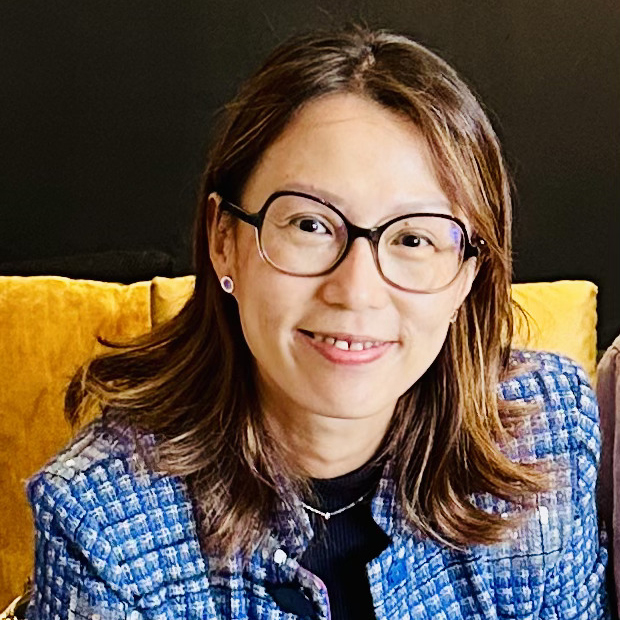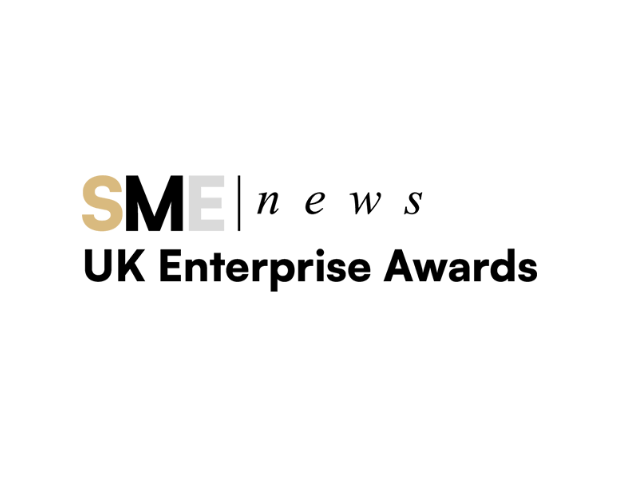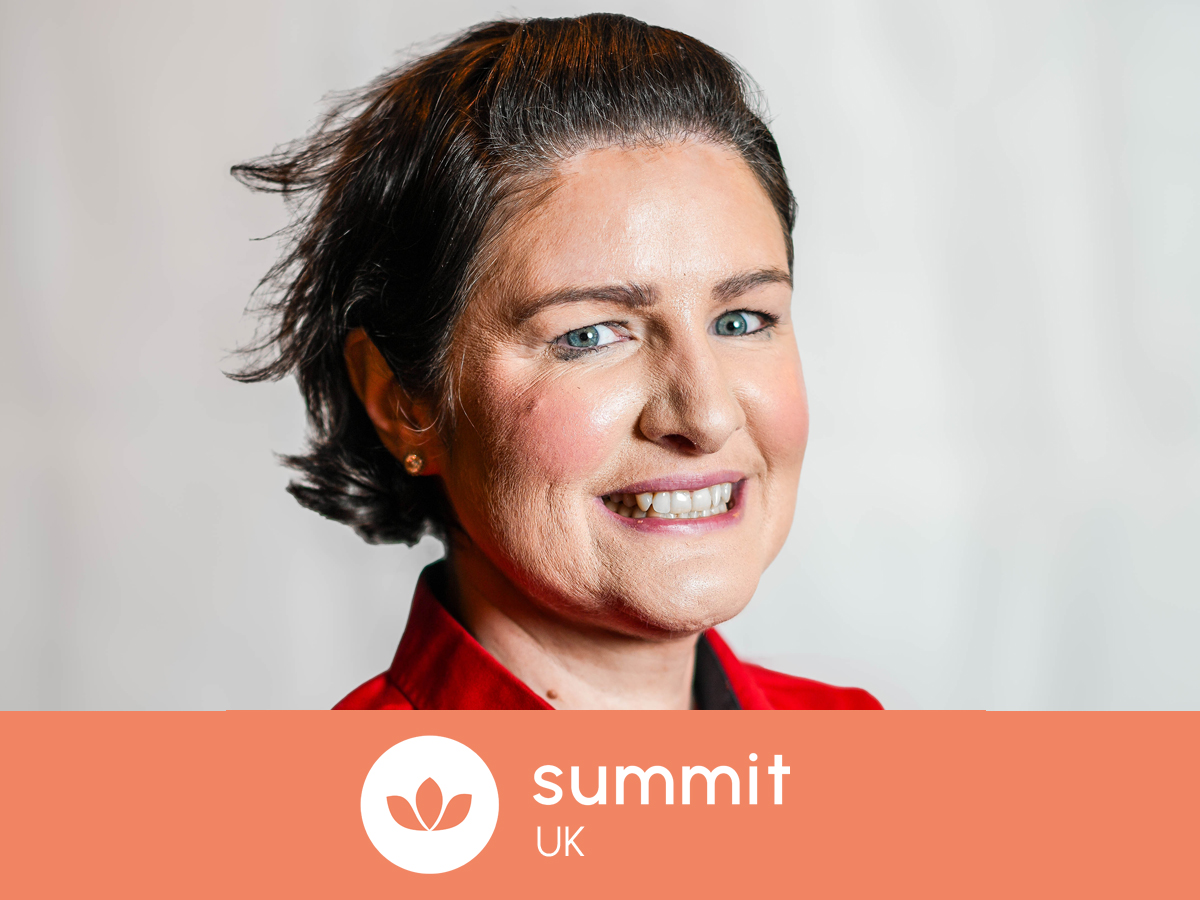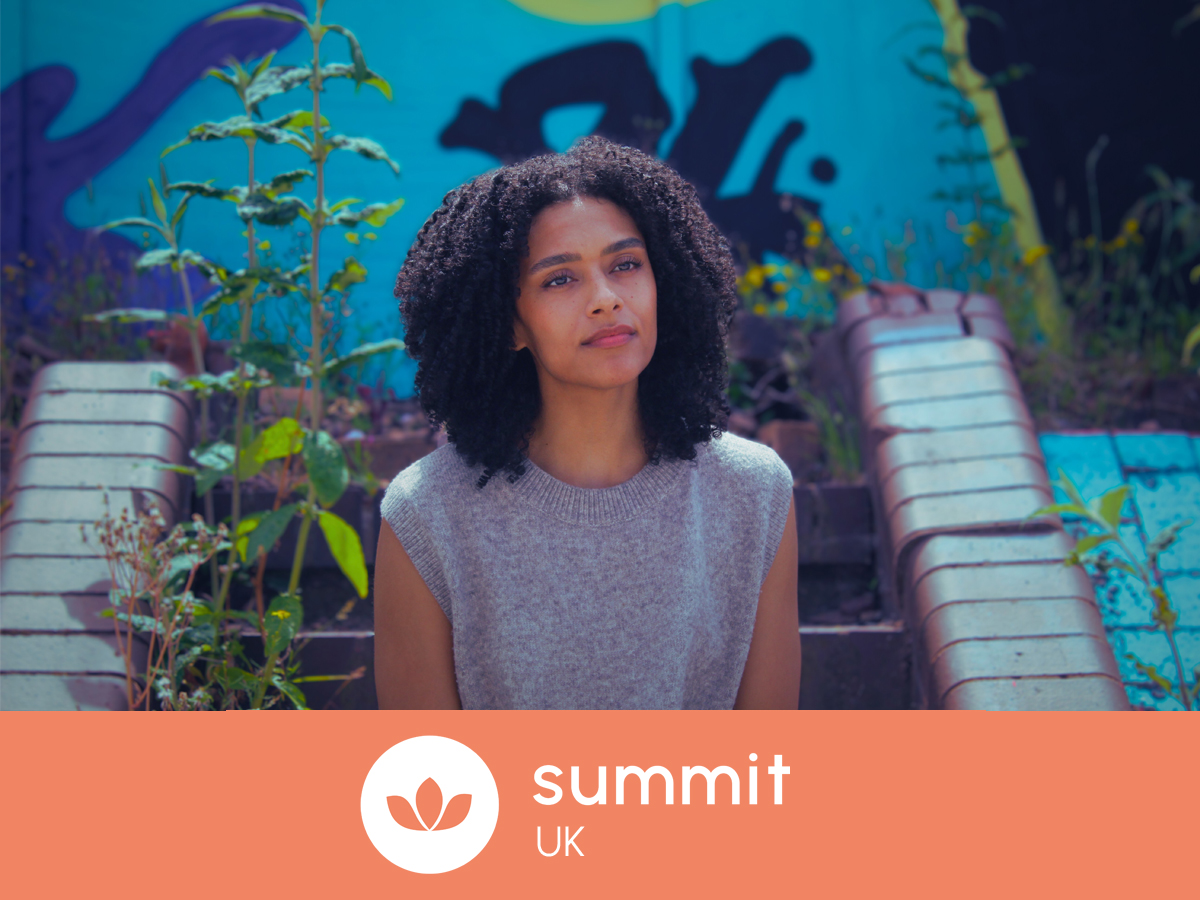
Susan Tan is a visionary leader in health coaching and behavioural change. Among the few hats that she wears, as President of the Society of Behavioural Health Singapore, she advances evidence-based coaching. Susan champions preventive health, employee well-being, and high-performing work environments globally, combining AI-driven innovations.
We are delighted that Susan will be speaking in Singapore as part of our Asia summit. We caught up with her to see how she’s feeling in the runup to the event.
Hi Susan, we are thrilled that you will be speaking at the Wellbeing at Work Asia Summit in March. Our first and most important question is, how are you doing today?
I’m thrilled to be part of this summit! Like many in Singapore, I’m constantly juggling multiple roles. I prioritise my schedule daily to balance work, family, and self-care – ensuring time for exercise, hydration, meditation, and sleep. If something urgent comes up, I make adjustments, though I always ensure to keep my well-being a priority. But a massage or spa is hardly on my go-to list!
As a leader based in the region, what are the main challenges you are facing when it comes to employee wellbeing and mental health?
Employee wellbeing, for me, encompasses six key domains: physical, emotional, social, career, financial, and community. Challenges are prevalent in each domain. A significant concern is the level of appreciation employees feel at work, and the degree to which employees feel valued as a person at the workplace; in the healthcare sector, we termed it as person-centredness. Stress and burnout are increasing due to chronic role strain, compounded by individual coping mechanisms and the support (or lack thereof) they receive from their community. Psychological safety plays a huge role here, beyond just physical safety. We also face rising incidents of musculoskeletal problems and chronic conditions like cancer and obesity. There is much more we can do collectively to improve employee health and wellbeing.
What strategies have you seen developing over the past 6 months, both internally and externally, that are moving the dial on wellbeing in the workplace?
At CareSense ai, we have rolled out Longevity for Employee Peak Performance programme which include Mandy, our AI Health Coach – trained in the 4 domains of lifestyle medicine – nutrition, physical activity, stress management and restorative sleep and behavioural science. Our holistic intervention is amongst the few in the market that combines both AI and human, hence, it helps addressed users’ attrition rate, fostered a more engaged workforce, helping employees take actionable steps toward their health goals and improve overall well-being over time.
Why is employee wellbeing so important to you personally?
As a nurse and health coach, I’ve seen firsthand how health impacts both personal and professional lives. I am driven to help individuals change their lifestyle, increase their health span, and enjoy better long-term health outcomes. Reducing disability-adjusted life years is a key motivator for me, as it ultimately improves the quality of life for many people.
What impact is AI having in your organization and how are you managing that?
AI is at the heart of CareSense! We breathe, eat, and sleep with it every single day. It helps us scale and optimise interventions, while still keeping the human element. We constantly challenge ourselves to improve and innovate, ensuring that we use AI to enhance the user experience and health outcomes, while maintaining strict governance to protect our users’ safety and privacy
Other than AI, are there any challenges that you are seeing for the first time and how are you addressing them?
Workforce disengagement is not new. Post-covid, engaging the multi-generational workforce, and encouraging employees back to the office have presented new challenges. I believe a person-centric workplace is more crucial now than ever. With different cultural norms, expectations, workplace behaviours, CareSense AI collaborates with and supports workplaces to better accommodate different needs, tailoring personalised support for each individual employee in their wellbeing in a manner that matters to them, letting them know that they matter, thereby fostering a deeper sense of ownership and motivation.
What areas do you think employers should be focused on over the next 12 months?
Employers should focus on holistic metrics on ROI, looking beyond just participation rates to include sustained behaviour change, health outcomes, and overall employee satisfaction. Building a person-centric workplace, where each employee’s well-being is individually supported, will be crucial for future success.
Do you feel that investment in employee wellbeing in the region is increasing or decreasing and is that a direct reflection on HR leaders’ increasing ability to demonstrate effective returns of their strategies to leadership?
Employee mental health has gained more attention post-Covid, thanks to the proactive role HR leaders have played. Extensive research in lifestyle medicine have shown that changing lifestyle habits can improve body composition, significantly reduce the risks of chronic diseases including cognitive impairment, cancers and metabolic-cardiovascular diseases. More investment in these areas will have long-term benefits for both employees and employers.
How has your organisation been leading the way?
At CareSense AI, we lead the way by integrating lifestyle medicine principles into every intervention. We focus on empowering and enabling individuals to make sustainable lifestyle changes that promote healthy longevity.
Susan will be speaking in Singapore at the Wellbeing at Work Summit Asia. Further details on the Summit can be found here.



